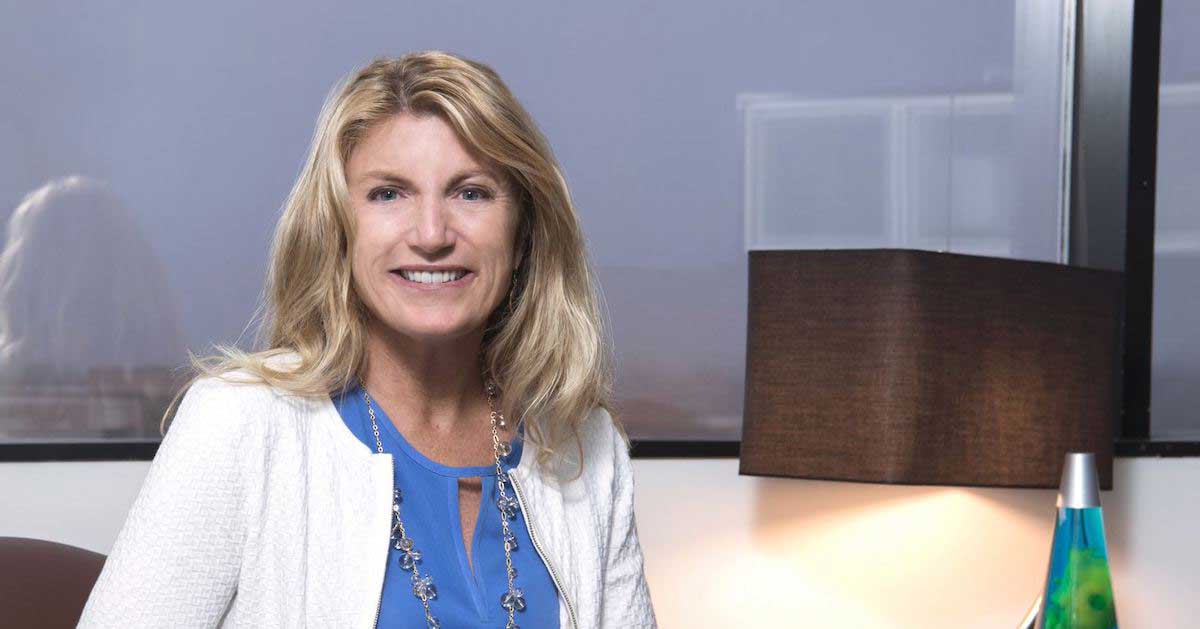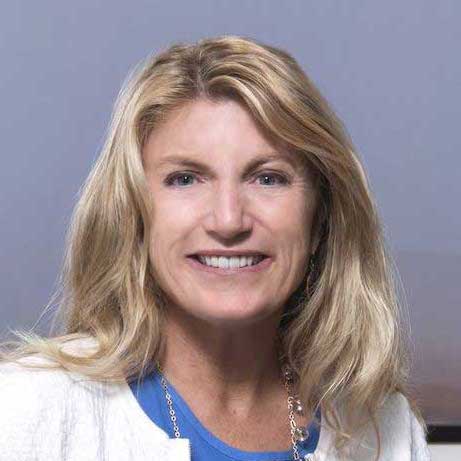As a Gen Xer, I’m used to judging an educational conference by the number, quality and notability of the speakers. I’m drawn in by big names and enjoy listening to their life lessons. But studies show that even though lecturing yields the lowest level of retention, we still see so many conferences structured around keynotes and dozens of lecture-style breakout sessions. Can lessons learned during the pandemic help us shift to more engaging learning styles?
There’s a balance to conference design. We need entertainment as well as learning. But for the learning portion, we need more conferences aligned to the learning pyramid framework advocated by the U.S. National Institute of Applied Behavioral Science. This pyramid outlines teaching styles with their efficacy of retention: lecture, 5% retention; reading, 10%; audiovisual, 20%; demonstration, 30%; discussion, 50%; practice doing, 75%; and teaching others, an impressive 90%.
While COVID forced us to do our learning online, the most effective tiers of the learning pyramid (teaching, doing and discussion) were harder to do. Our learning opportunities increased because we could do them from our home and usually for a lower cost, but formats were often less interactive and spontaneous.
“Group education can yield the open dialog and diversity of thought that our society so desperately needs.”
After more than a year of pandemic-induced restrictions, conference participants are yearning for face-to-face interaction now more than ever. And that extends to their learning preferences. We discovered at our own World Education Congress in June that often our traditional breakout sessions weren’t full, but the hallways were buzzing with social interactions. Whether or not these preferences shift as we continue to recover, we should use this as an opportunity to balance our education along the lines of the learning pyramid.
Peer-to-peer education, social learning and other forms of audience-led instruction take some courage and work. It requires a framework for crowdsourcing topics that matter to the participants. It requires us to break the tradition of teacher to student and move to facilitator of group discussion. Innovative organizers of unconference or open space formats have been successfully pushing these boundaries for years.
But it’s worth the risk. Audiences will feel honored that their expertise is respected and that they can share it with others. Unlocking the power of our participants to teach and share will yield more relevant discussion because they drove it. And group education can yield the open dialog and diversity of thought that our society so desperately needs.



